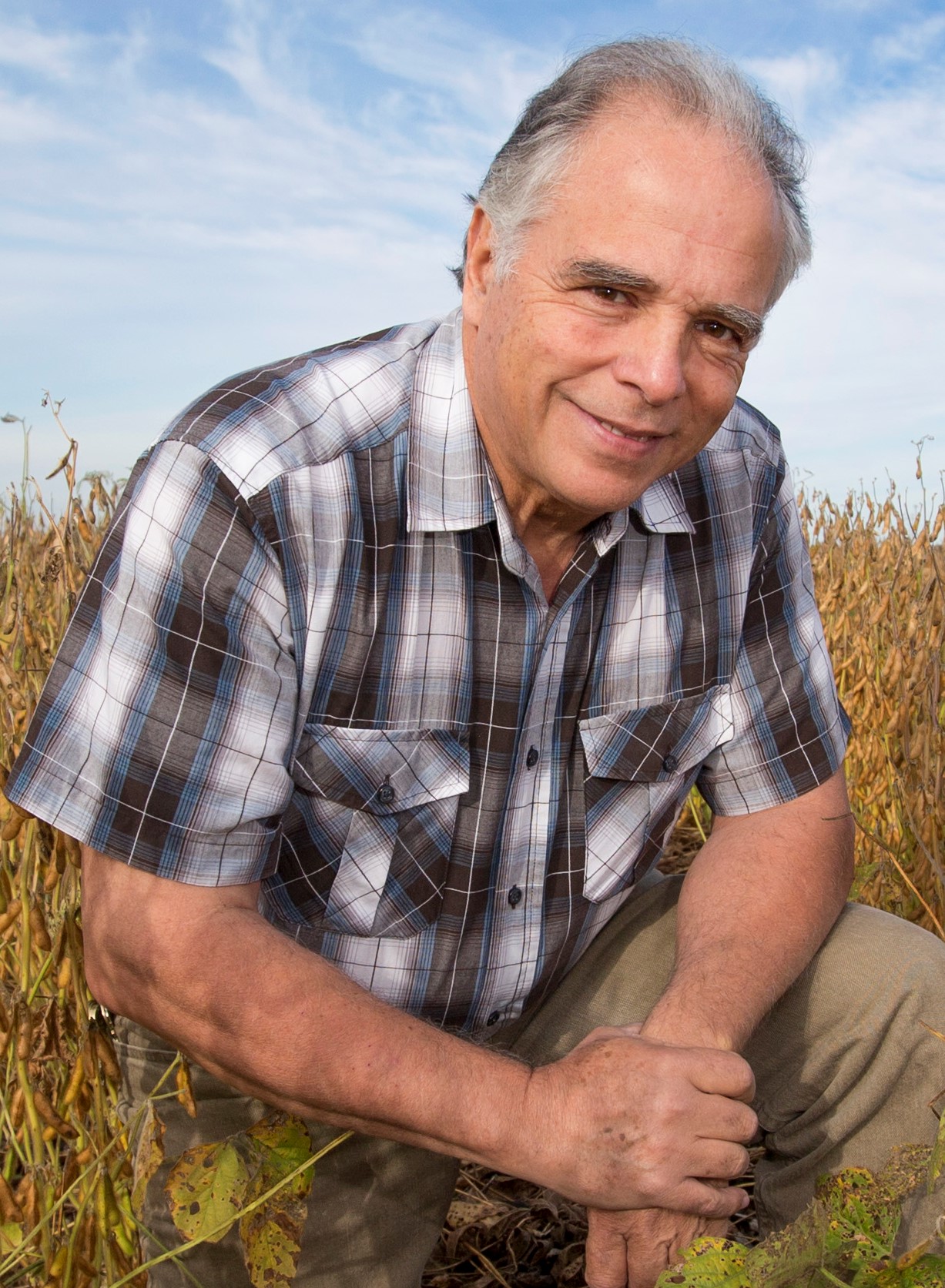Soil Science
Soil is a vital component of the environment. We depend on it for many ecosystem services, such as crop production and water quality.
Soil science is crucial for sustainable agriculture, environmental protection, ecosystem conservation, and various aspects of land use planning and development. It provides valuable insights for addressing challenges related to food production, water quality, climate change, and more.
Come study soil science in the heart of where soil plays a pivotal role in issues of economic prosperity and environmental sustainability. Applications are accepted on a rolling basis, with no fixed deadlines for admission or assistantships. Before applying, you must obtain a commitment from a faculty member willing to serve as your advisor.
Key Issues for Soil Science
Agriculture
Soil science helps farmers understand the properties and fertility of soils, enabling them to make informed decisions about crop selection, fertilization, and irrigation. It plays a crucial role in maximizing crop yield and ensuring food security.
Conservation
Soil is a vital component of the environment. Soil scientists study the impact of human activities, such as deforestation and industrial practices, on soil health. Understanding these impacts helps in developing sustainable land management practices.
Climate Change Mitigation
Soil plays an important role in carbon sequestration, influencing the global carbon cycle. Soil scientists study how different land management practices can impact carbon storage in soil, contributing to climate change mitigation efforts.
Ecosystem Health
Soils are home to a diverse range of organisms and contribute to overall ecosystem health. Soil scientists study the interactions between soil, plants, and microorganisms to better understand and preserve ecosystems.
Land Use Planning
Knowledge of soil properties is crucial for planning land use. Whether it’s for urban development, infrastructure projects, or conservation areas, understanding soil characteristics helps in making informed decisions about land management.
Waste Management
Soil science is involved in assessing and managing waste disposal sites. Understanding how different materials interact with the soil helps in minimizing the environmental impact of waste disposal.
Water Quality and Quantity
Soil acts as a natural filter for water. Soil science helps in assessing the quality of groundwater and surface water, preventing contamination, and ensuring a safe water supply.
Soil Science Experts
Related Projects
- Comparison of Biofuel Systems (COBS)
- Colloid-Mediated Transport of Hormones with Land-Applied Manure
- Determining soil water evaporation and subsurface evaporation zones
- Improving cereal rye cover crop BMPs to increase adoption of cover crops by Iowa farmers (2018-2020)
- Soil Fertility Research
- Forecast and Assessment of Cropping sysTemS (FACTS; 2015-present)
Agricultural Meteorology
Agricultural Meteorology
The Agricultural Meteorology major integrates knowledge from a variety of scientific disciplines in order to determine how cropping systems are affected by weather and climate, and how cropping systems themselves affect weather and climate.
Learn MoreCrop Production & Physiology
Crop Production & Physiology
Become an expert in crop physiology, ecology, and management; forage quality and utilization; seed production and physiology; weed biology and control
Learn MorePlant Breeding
Plant Breeding
Plant Breeding is the genetic improvement of crop plants through the study and application of genetics, statistics, agronomy, plant pathology, entomology, and related sciences.
Learn MoreSoil Science
Soil Science
Explore the living and vast ecosystem under our feet. Soil science covers chemistry of the soil, fertility, management, microbiology and biochemistry, morphology and genesis as well as soil physics.
Learn More















